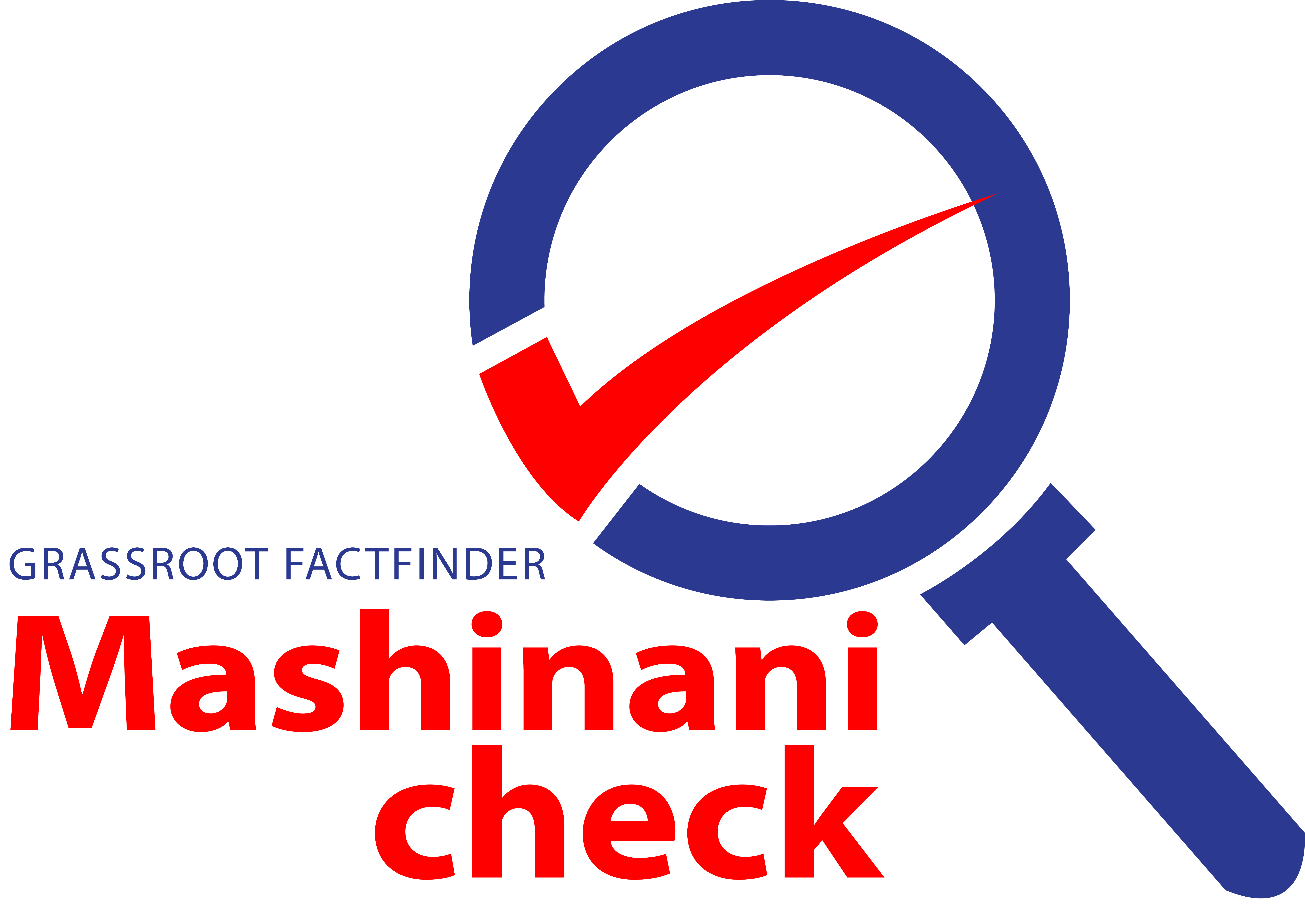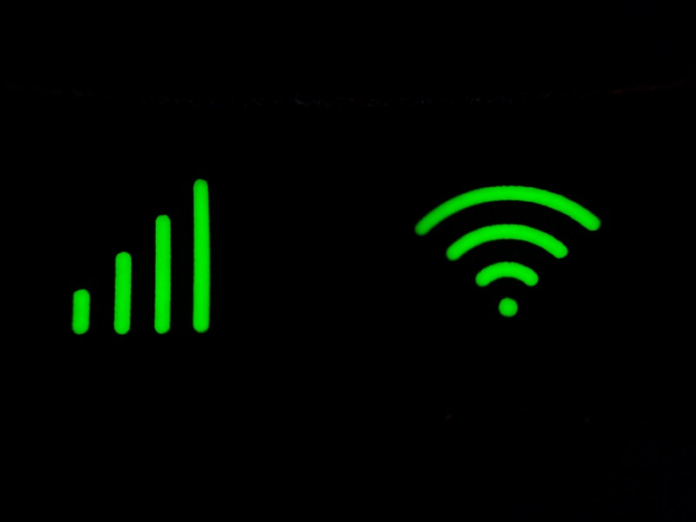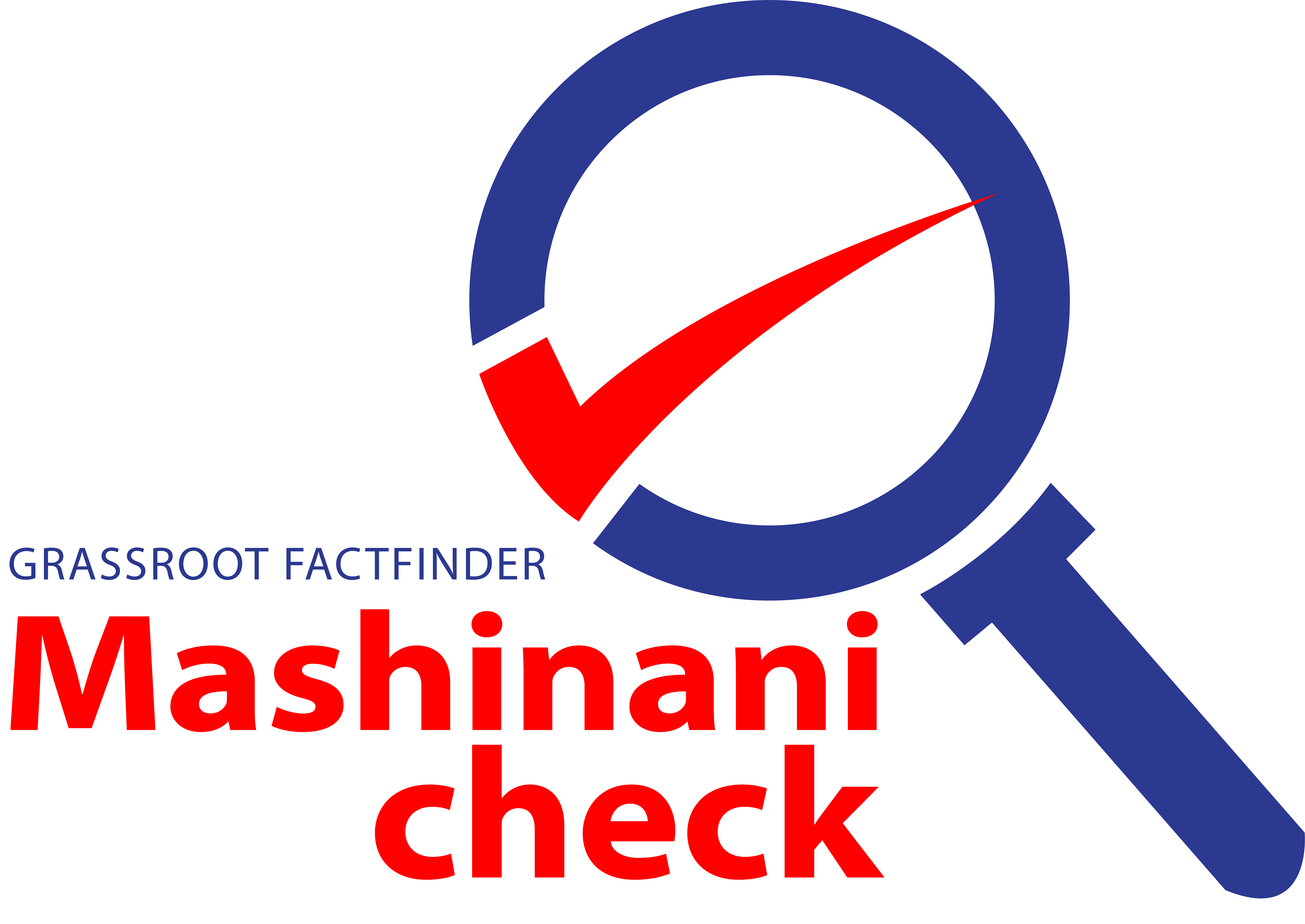BY LWAZI MASEKO

In a digital world, attacks on journalists and journalism are not just limited to physical threats, with journalists increasingly receiving digital threats ranging from online harassment, cyberbullying, digital monitoring, phishing, hacking, and character assassination, and as a result, it has become important for journalists to be knowledgeable on digital safety and literacy.
“We live in an era where media content is increasingly being generated, published, and accessed digitally. That basically means today’s journalists should be tech-savvy. They need to have the basic skills, not just for content creation through digital means, but for engagement with technology, and others, in the most efficient way. Data privacy and security are crucial in journalism. In their use of technology, journalists need to enjoy their freedom to practice and their privacy is not violated through hacking and surveillance,” says David Moepeng, cybersecurity, and digital literacy expert.
“We have seen a growing trend in some countries where journalists have been targeted, especially by state intelligence agencies, who often try to intercept communication between journalists and their sources. The other dangers they face are confiscation and theft of their digital devices for purposes of gaining access to their data. Aggrieved individuals may also target journalists through cyber harassment and character assassination so as to discredit the reporters. Female journalists, in particular, have been found to be common targets of cyberbullying,” says Moepeng.
Cecilia Mwende Maundu, founder and host of Digital Dada, a podcast that focuses on discussions around online violence and digital security gave tips on how women can protect themselves online:
Instagram has recently added a ‘Restrict’ anti-bullying tool that is available to everyone because no one should push you off the online platform. Some basic digital security tips include women taking advantage of some of the measures being put in place by these platforms.
- Create a strong password
- Have different passwords for different accounts
- Download apps from authentication platforms and use two-factor authentication
- Log out of your accounts
- Don’t use public WiFi for sharing sensitive information, like online bank details
- Use antivirus software and, if possible, use a virtual private network
Moepeng says “journalists need to adopt safety and security measures such as not opening attachments and links on emails and texts from strangers to prevent malware attacks as well as using strong passwords, VPNs, end-to-end encryption and two-factor authentication on all their online accounts. They also need to maintain privacy, especially on social media, and not share their personal information carelessly online”.
He explains the importance of digital literacy as it “equips journalists with competencies that enable them to play their watchdog role meaningfully, in a society that is increasingly digitalised. Audiences prefer to access content on digital platforms, and journalists should have the skills to create digital content and reach them on such platforms. Secondly, journalists need to have an understanding of the risks they face in the digital space and maintain vigilance at all times when using digital platforms. Understanding of digital rights, digital security, and privacy help reporters to take steps that ensure their protection”.
Source, Jambla.Africa





